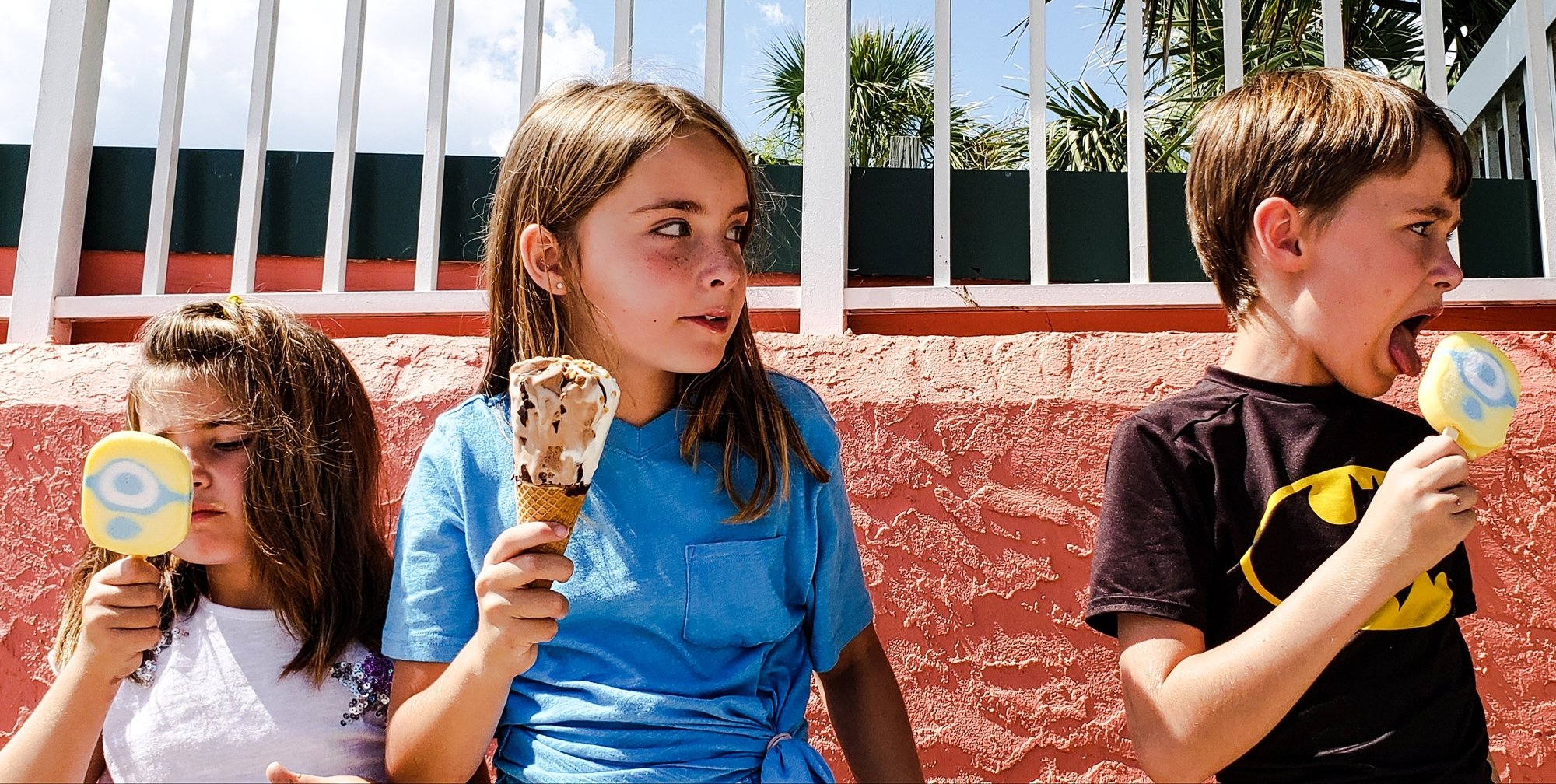
Middle child syndrome isn’t actually a thing, researchers argue. The idea that those siblings who fall between the youngest and the oldest possess certain personality traits just doesn’t hold, according to all of the recent research. But that doesn’t keep middle children from complaining about their station in life. All eyes are on the oldest, while all hearts beat for the youngest … being in the middle, whether or not it's actually a real pathology, does tend to yield some of the same frustrations and joys for a lot of kids … which, yes, can lead to some of the same issues coming up as adults. So while we're all individuals and middle child syndrome isn't as cut-and-dried as we used to think — and some people still do! — there really are some certain complaints that tend to come up.
And whether or not the being a middle child really has its own specific traits, that doesn't mean there aren't a lot of feelings about this particular position in the birth order. For any mom who is thinking about her middle child right now and wondering what she can do for that child, consider the consequences of being a middle child. We can all empathize with the feeling we're not doing as great a job as we could be for our middle child (and really, it's OK. Nobody's perfect, after all). And while there may not be a particular syndrome to being an only child, that doesn't mean there aren't some curious truths about being a middle kid or what a child's birth order may say about his personality.
Eccentric Choices Go Unnoticed

Even when they do weird stuff — sing loudly in the shower, come home with tattoos, decide to eat only foods that start with the letter “t” — others barely bat an eye. Middle children who are trying to get attention hate that.
They Remember Their Last Day as the Baby
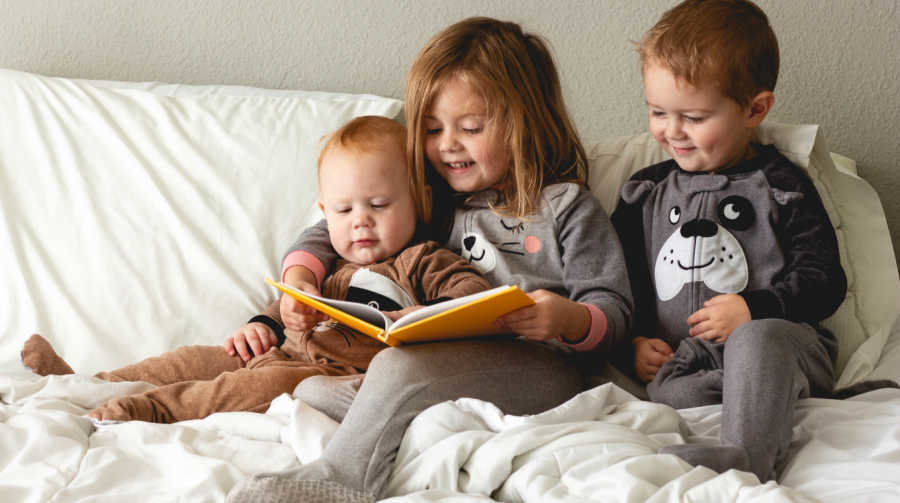
Middle children never forget the day they found out a new baby would be pushing them out of the coveted “youngest child” spot. They remember what they were wearing — and what the baby was wearing — when it came home and started its 20-year-long attention-grabbing nonsense.
They Never Get Their Own Room

Middle children who never had their own bedrooms are particularly bitter. Either they had to share with the oldest, because they were both girls, or with the youngest, because that wouldn’t be fair to the oldest. Wait … since when did “fair” matter?
The Fighting
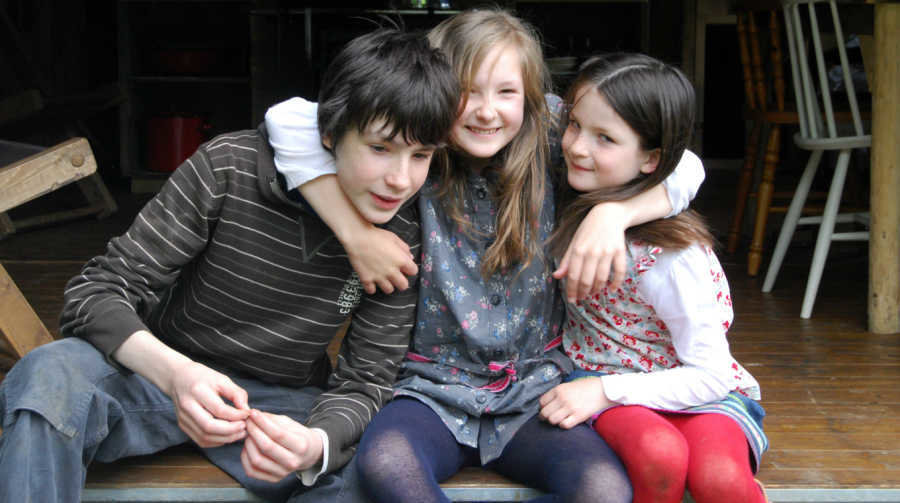
Middle children get painted as skilled negotiators and peacemakers for good reason. The other two, perched atop the oldest child/sweet baby pedestals, constantly fight, and the only one with enough sense has to step in before someone really gets hurt.
The Forced Independence
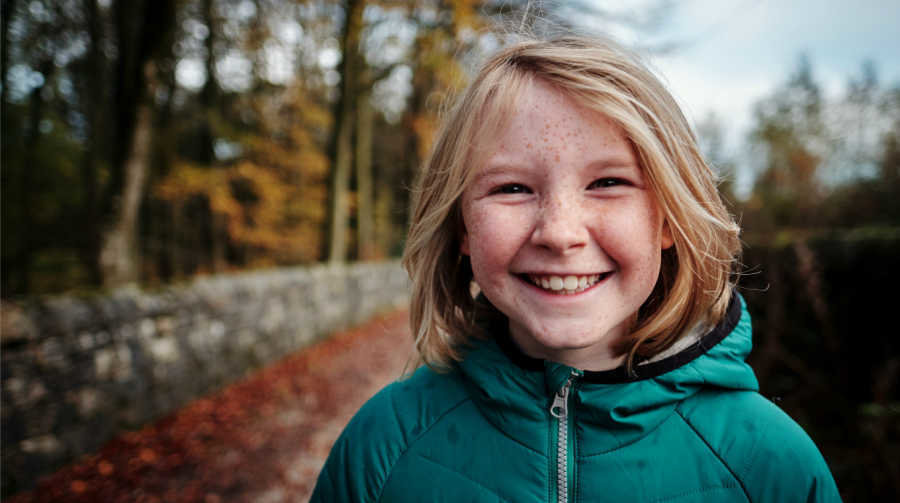
Sure, independence is a great quality to have. But it’s not as if middle children have a choice in the matter. While parents and the oldest wring their hands over every new situation, and the baby might hurt himself or grow up and leave mom and dad childless, the middle child is busy just getting things done. No fear. No roadblocks. Just one foot in front of the other, not bothering to even ask for help. (Because the answer would be, “Wait just a minute.”)
They Don't Get To Decide Anything
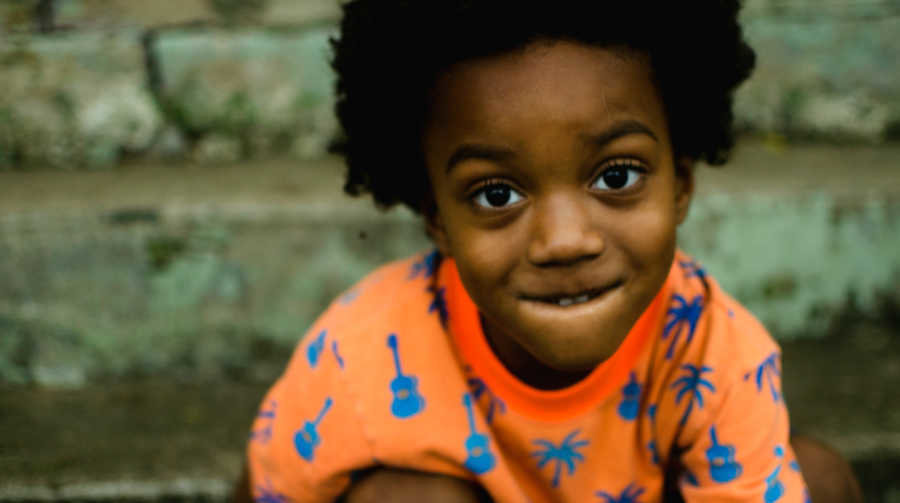
Which flavor of ice cream? Where to go on vacation? Who gets to go first on the swings? Middle children never get to answer these questions, which are either pitched at the experienced eldest or the needy littlest. For the record, the answer is chocolate swirl, Disneyland, and me.
They Always Have To Wear the Hand-Me-Downs

The eldest gets new clothes because she’s growing. The youngest gets new clothes because everything else is in shreds. The middle kid? She gets the hand-me-downs that are “still too nice to throw out” or “perfectly fine to wear even with the big chocolate swirl ice cream stain.”
They're Accused of Seeming Selfish
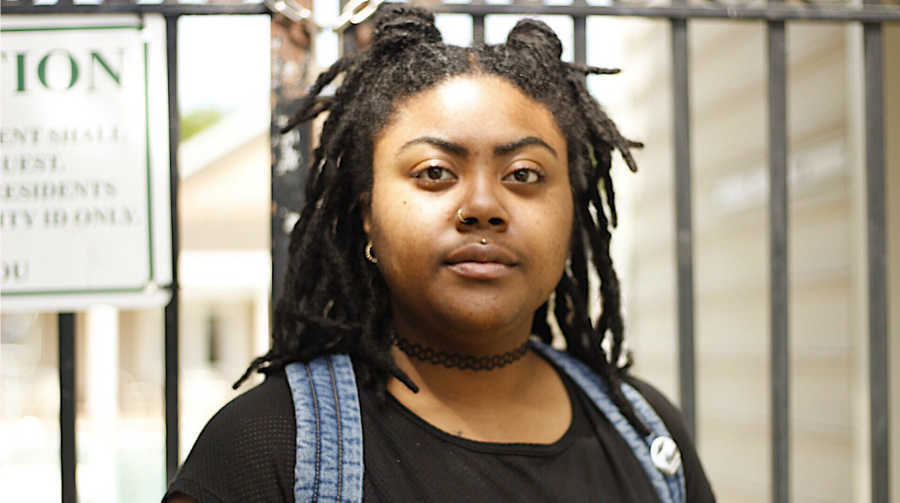
First, they’re left on their own to figure everything out. But then, everyone wants to understand why they’re so stubborn, or break the rules, or hoard the Doritos. Middle children are tired of being left to their own devices but also criticized for, y'know, stepping up and taking care of things themselves!
They Never Get Asked Their Age
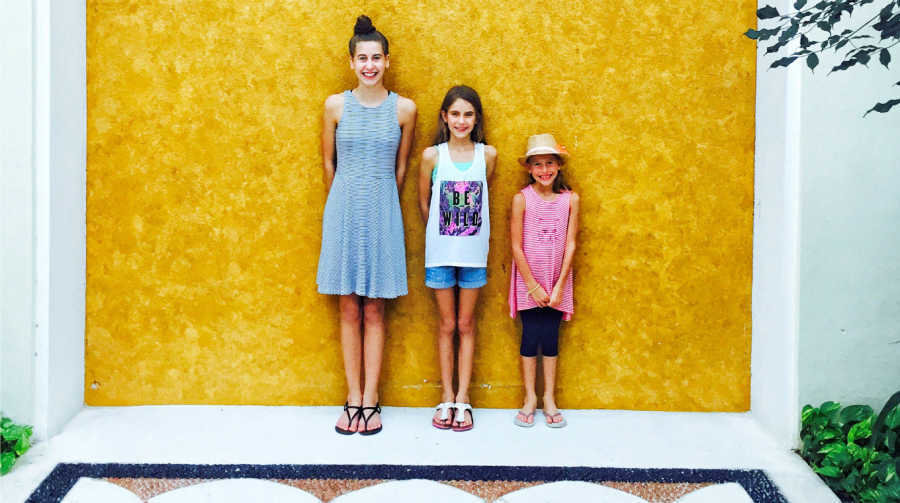
Aunts, uncles, cousins, friends, camp counselors, and random people at stores always want to know how old the oldest is, how old the youngest is, and whether everyone gets along. No one ever asks the middle child's age … just assuming they're about halfway between the oldest and the youngest.
There Are No Surprises
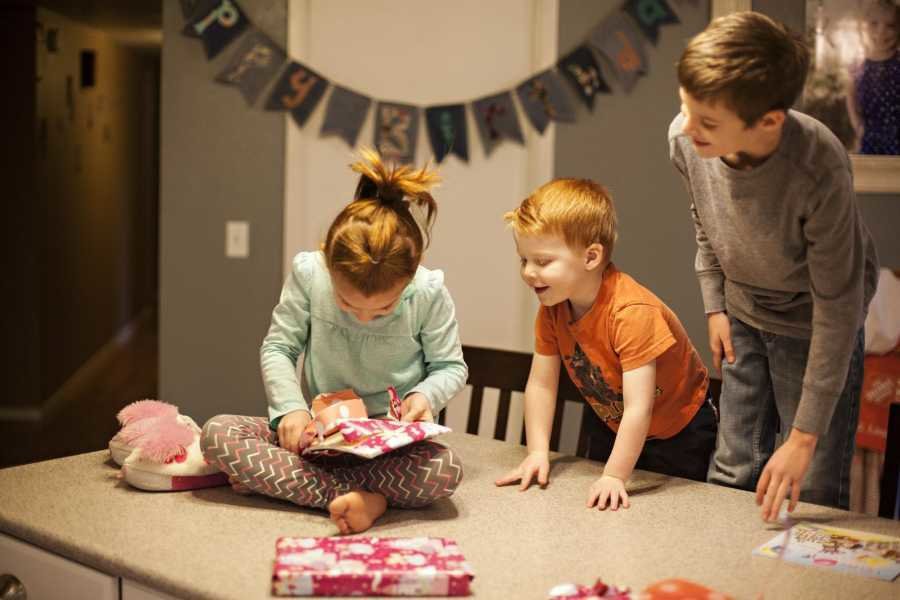
The older sibling gets to do everything first, and parents assume that would be the perfect age for the middle one, too. “We didn’t let your sister do that at your age, so why would we let you?” But then a few years later, the youngest gets to do everything we never could. “Well, you wanted to do that at his age!” Life in the middle is completely unfair.
They Don't Have As Much Alone Time With Their Parents

Middle children, while as sweet and cuddly as the others, haven't had as much alone time with their parents. They never had them to themselves, as the oldest did. They aren’t the darling last baby. They’ve had to find their space on laps and couches and in the lives of their parents in different ways.
Everyone Feels Bad for Them

“Ah, the middle child!” they say. “Poor thing.” Because even though it’s an unfair, often miserable, and rather invisible existence, it’s our existence. And it’s been pathologized! Middle children don’t want the pity they receive. They don’t want all these assumptions made about their lives. They’re middle children!
Sometimes It Can Feel Like They Don't Exist

It can be easy to blend into the background as a middle child, and if we don't make our presence known, sometimes it can feel like we simply don't exist. Unless we're the lead in the school play or it's literally our birthday, we're not going to get the same amount of attention.
Overachieving Can Seem Like The Only Option
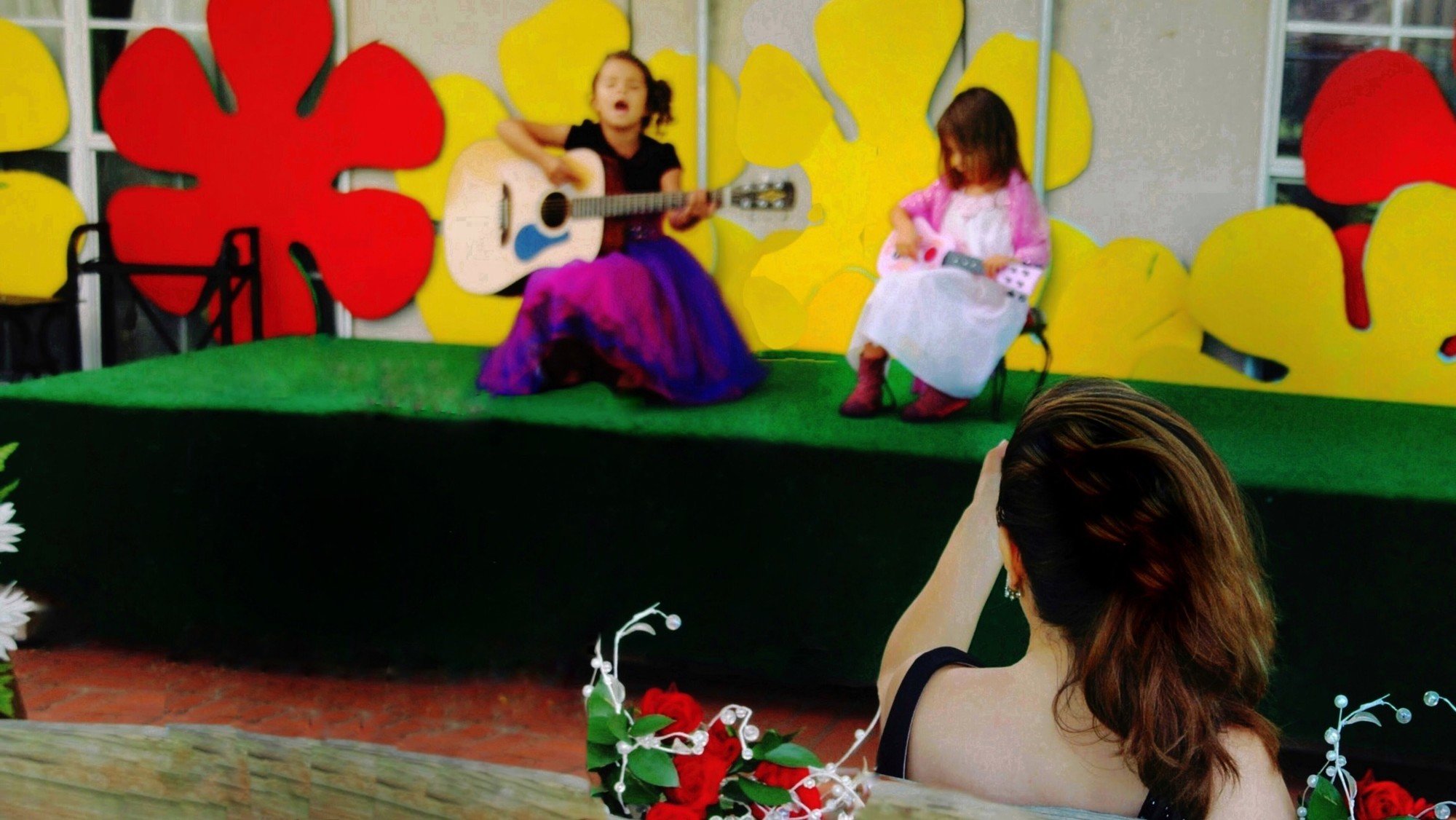
The oldest gets attention just for having been born first, and pioneering all the stages that the kids go through. The youngest gets attention for being the baby. Middle children, though? Often have to develop talents in order to get noticed.
Sharing Is Less a 'Life Skill' & More a 'Survival Mechanism'
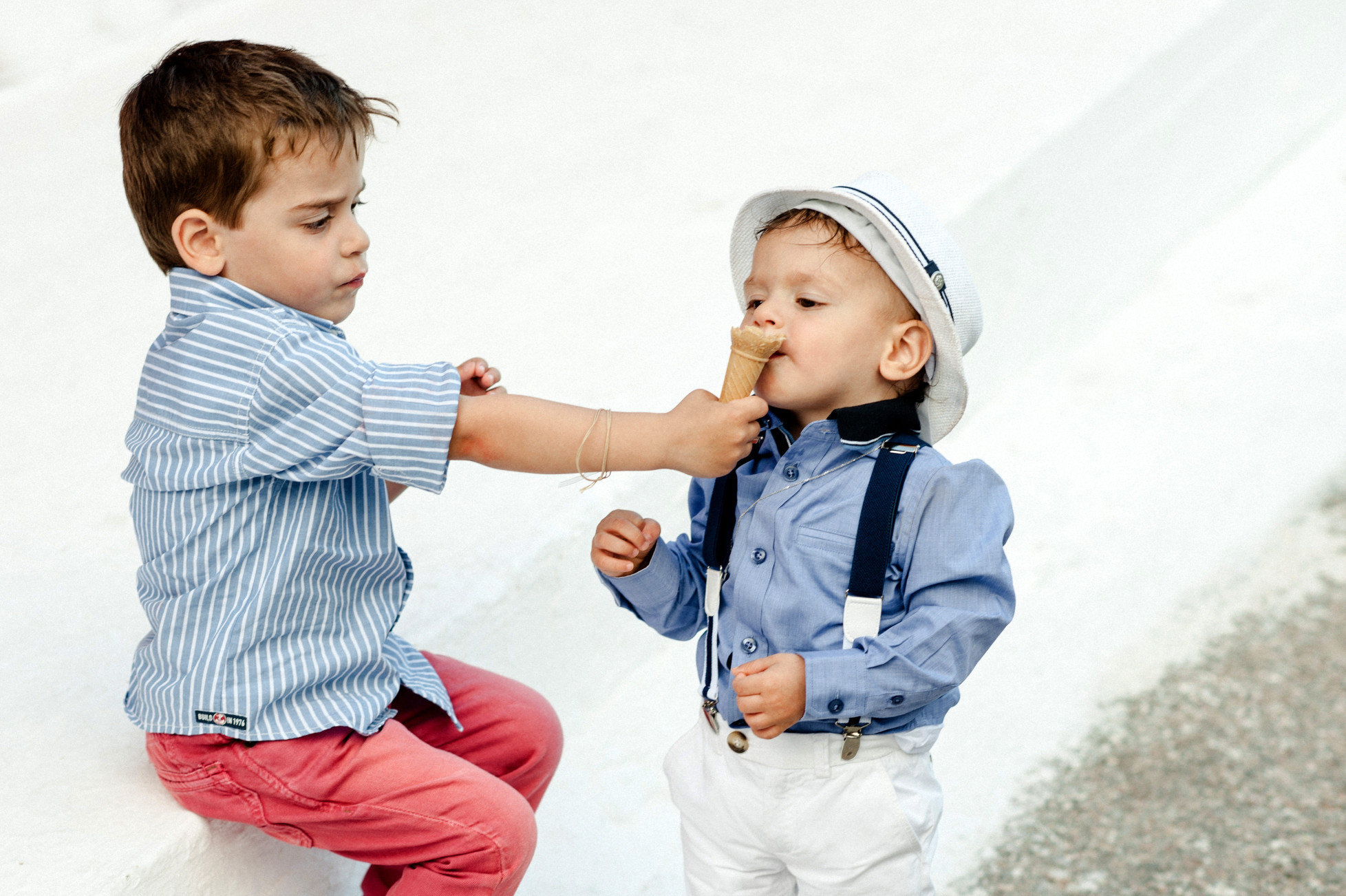
For middle children, learning how to share isn't really a life skill that requires development or becomes a source of pride. Instead, it's just a survival strategy. We learn to share with the oldest and we can get some cool older-kid stuff, learn to share with the youngest to keep him quiet.



